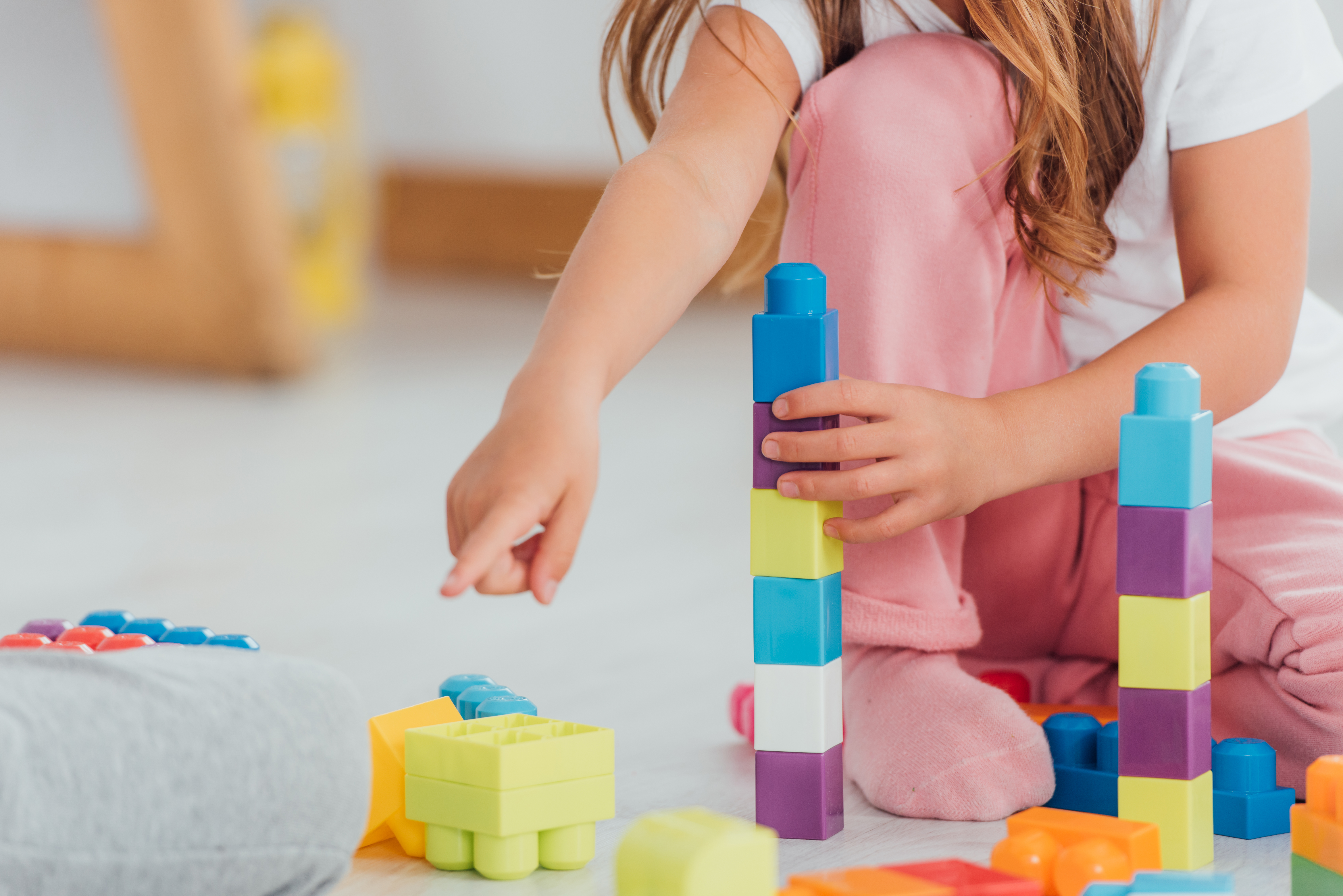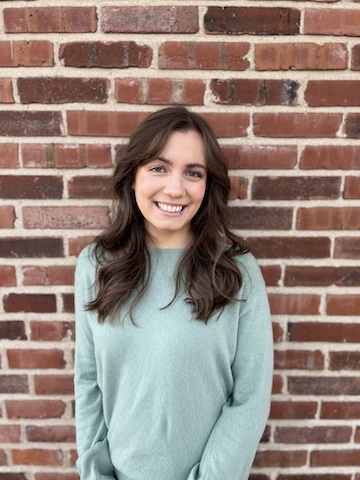
Natural Language Acquisition - Stage 3
September 11, 2023
We’re well on our way folks - almost to the end of our series reviewing each stage of Natural Language Acquisition in depth. This week is all about Stage 3!
Stage 1: Echolalia
• Use of individual gestalts learned from either consumed media or individuals within the community (family members, caregivers, therapists, etc.)
• These gestalts are fixed, and their exact production (often including fixed intonational variations) will not change from instance to instance EX: “Let it go!” “Give me more cookies!”
Stage 2: Mitigated gestalts
• This phrase is hallmarked by the combination of gestalts which are already established within the individual communicative repertoire EX: “Let me go,” or “Go give more cookies.”
Stage 3: Single word use
• This phase, which is particularly exciting from a language development standpoint, occurs when the individual begins recognizing words as their own linguistic units as opposed to fixed utterances. This is the first stepping stone toward truly spontaneous and independent communication. EX: “Go,” “More,” etc.
Stages 4, 5, and 6: Emerging syntax and increased sentence complexity
• Hallmarks of these stages include inappropriate syntax use progressing toward complex and appropriate grammar and increased sentence complexity EX: “Let’s give me more cookies,” —> “Go get the toy,” —> “Please give me the toy.”
Stage 3 might be especially exciting to Speech Language pathologists because it is the beginning of recognition from our students that each individual word is its own linguistic component of a sentence or utterance. It’s important to note that in this stage, word order and grammar are not taken into consideration for the communicator in question. In fact, word order might often be the reverse of what we might expect to see from someone in stage 5 or 6 of Natural Language Acquisition. This is also the point of NLA where the pointing phase we commonly associate with single word use in our analytic language processors begins. You might be thinking to yourself, what kinds of combinations of words is considered “normal” for my child? In Stage 3 of NLA, 2 word combinations are typically noun + noun or adjective + noun (or noun + adjective, but you get the idea). This stage is all about the nouns! If you would like more in depth information regarding the specific analysis of these different noun/adjective combinations, I highly recommend checking out the Meaningful Speech course on Gestalt Language Processors and Natural Language Acquisition, linked below. This course details a very thorough scoring and analysis method that helps me break down and understand these utterances in my own practice!
This stage is a wonderfully transformative moment in the course of Natural Language Acquisition, but that doesn’t mean that it lasts as long as Stage 1 or Stage 2. In fact, Stage 3 may be significantly shorter than these two stages. But it is vital that this stage occurs and is encouraged by professionals/caregivers in order to “free” each word from their gestalt constrictions. Only then can individuals going through the stage of NLA be able to use their own individual language in novel and original utterances.
So the major takeaways of this stage are:
• We are finally focusing on nouns! Explore your surroundings, name the objects you see and describe them using adjectives
• Referential pointing may be introduced and used at this stage
• Word order during this point of language development does not matter, and should not be corrected by those modeling Stage 3 utterances\
In the next and final piece of this series we will be quickly reviewing the final 3 stages of NLA, Stage 4, 5, and 6. We will also finally begin to discuss the long avoided topic of grammar and syntax. See you in a few weeks for our next post!
Any questions? Additional resources? Comment below!
Resources:
Meaningful Speech Course: https://www.meaningfulspeech.com/course
In-Depth Courses about NLA: https://naturalcommunication.myshopify.com/
Additional free resources: free resources: https://communicationdevelopmentcenter.com/
About the Author

Marisa Julius is a speech-language pathologist that has worked in both public and private school settings with a focus in pediatric augmentative and alternative communication therapy. She currently works for a private specialized school setting with children 5-21 with complex communication needs and a variety of disorders including Autism Spectrum Disorder, Down Syndrome, Childhood Apraxia of Speech, Language Delays, Reactive Attachment Disorder, and more. She is a Missouri native and earned two Bachelor’s degrees from Truman State University in Communication Disorders and German Studies. She received her M.A. in Communication Sciences and Disorders from Saint Louis University. She considers herself a lifelong learner, and is thrilled to be writing for SLP Toolkit, if only for an additional excuse to read more. In her free time, you can find her cooking, reading, hiking, or showing everyone unsolicited pictures of her dog.



